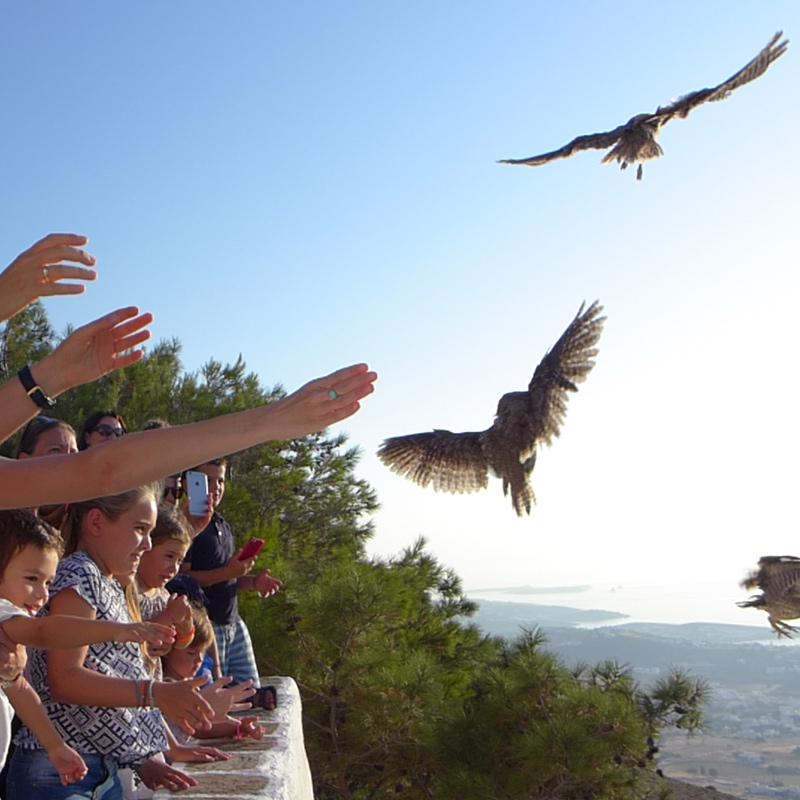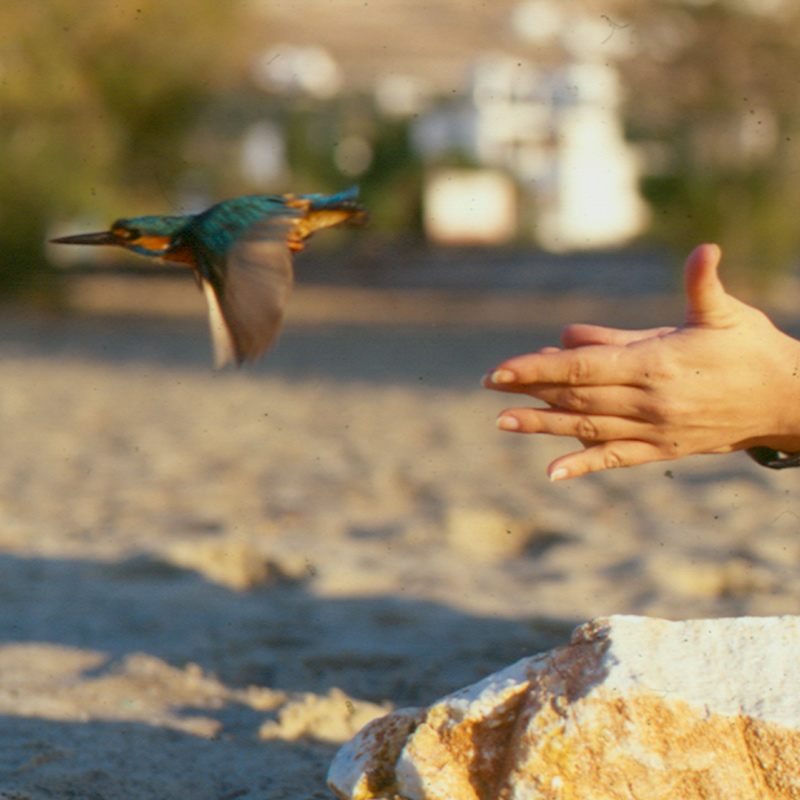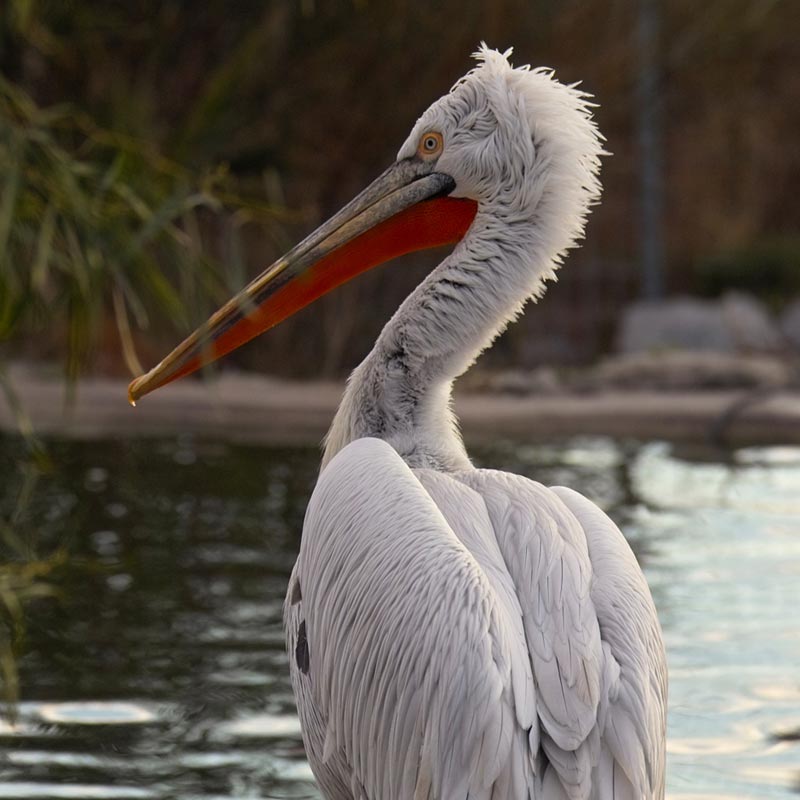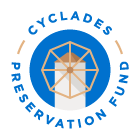The challenge
The Cyclades is rich in flora and fauna, but locals and visitors have little knowledge about the natural environment and biodiversity, including the wildlife animals that quite often are found injured, often deliberately. The challenge was to try to find a way to give people the resources to help with animal rehabilitation and teach them about Cycladic wildlife and the dangers they face.
The solution
The CPF realised that the best way to combat this would be to give our support to an organisation which has been nurturing Cycladic wildlife for a quarter of a century. ALKYONE Wildlife Hospital was established aiming to treat and rehabilitate all injured wild animals found in the region, as well as to encourage the protection of the fauna through Environmental Education, and make sure that mammals and migratory birds are released back into the environment where they were found.
Together, we came up with a ‘first aid’ briefcase, which would act as an educational resource for people to get involved in animal rehabilitation.
What does this project deliver in practice?
The CPF grant supported the creation and promotion of a ‘first aid’ educational briefcase, consisting of:
- leaflets, posters, books and DVDs showing how to provide first aid support to injured wild animals and also ways of safely and quickly transport injured animals to the proper facilities, to be given free of charge to all the schools, municipalities, forestry offices and coast guard offices in the Cycladic islands.
Our involvement with the rescue and rehabilitation of wildlife in the Cyclades has inspired a new CPF Program, entitled CYCLADES CARE FOR WILDLIFE, which you can read about by clicking here.
A bit about the organisation
The Aegean Wildlife Hospital, known as ALKYONE (a beautiful bird that symbolises tranquillity, protection and the calm of the sea, is based on the island of Paros and is run exclusively by volunteers.
ALKYONE treats and rehabilitates 600 to 1000 wild animals per year. They work with around 100 Greek school classes per year, and the releases of rehabilitated birds always take place with a school in attendance to watch!



